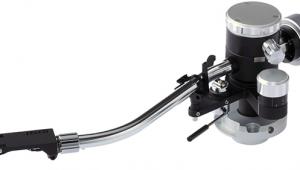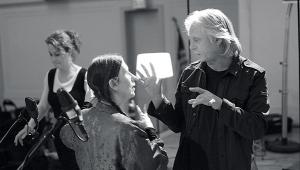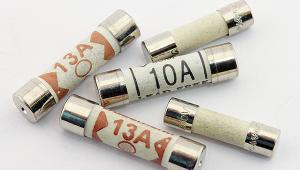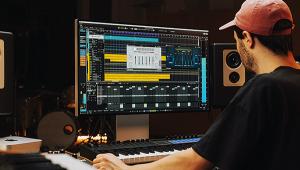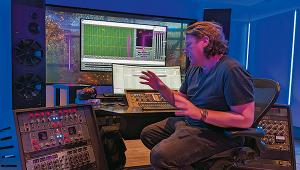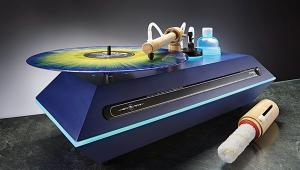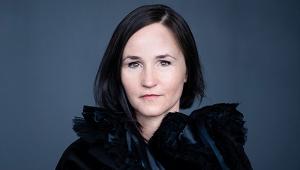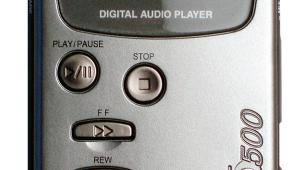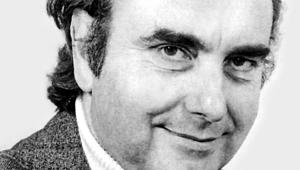Plea for peace
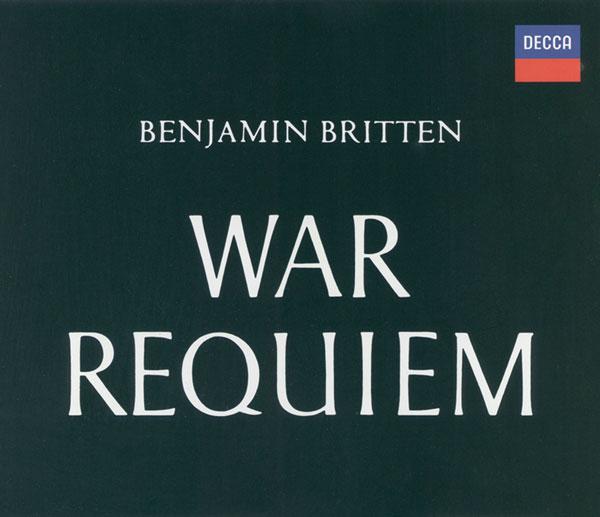
Reissued last November on vinyl and in digital formats, Benjamin Britten’s Decca recording of his War Requiem was produced at Kingsway Hall by John Culshaw, and engineered by Kenneth Wilkinson, in January 1963 – eight months after its Coventry Cathedral UK premiere.
As the catalogues show, recordings were made by a surprising number of conductors, from Ancerl and Ansermet to Jansons, Leinsdorf (who gave the US premiere at Tanglewood in 1963 – VAI DVDVAI4429), Masur and many more.
Russia Says ‘Niet’
The piece was commissioned for the consecration of the rebuilt cathedral (the original was bombed in 1940) with the hope that Britten would conduct – but in the event he directed only the Melos Ensemble, with tenor Peter Pears and baritone Dietrich Fischer-Dieskau. Meredith Davies conducted the orchestra (the CBSO), choruses and soprano soloist.
A longterm pacifist, Britten had wanted a singer from England, Germany and Russia, but in inviting soprano Galina Vishnevskaya he was thwarted by the Khrushchev-era Soviet authorities, who prevented her coming to the UK, and her place was taken by Heather Harper (later to appear on the Chandos/Hickox recording). She was allowed to come to London later for the recording.
The texts were from World War I poems by Wilfred Owen and in Latin for the Requiem proper. A boys’ choir with small organ portative are set remotely, which is a challenge to effect in the two-channel analogue recording.
I am still unsure whether I actually like the War Requiem, but it prompts a couple of personal memories. Firstly, I was up in Manchester sitting my RIBA finals and lodging that week in a small boarding house. My room overlooked the car park, and I was able to listen to the BBC broadcast of that first performance courtesy of a fine portable B&O radio – it also served as a tuner in my home listening system. That premiere was thought to be flawed in several respects, but you can hear it on a Testament CD [SBT 1490; mono]. I can still picture the evening sun fading as the music ran...
Then, back in Gloucester, for my local newspaper, I was also able to review a couple of Three Choirs Festival concerts – one at Hereford Cathedral with the War Requiem under Melville Cook and the LSO, Christopher Robinson leading the chamber group. Distinguished soloists were Heather Harper, Gerald English and John Shirley-Quirk.
‘It seeps into one’, I wrote, ‘with the awfulness of war’. (Re-reading the yellowed newspaper cutting, my review was not that bad for a ‘live’ debut piece!)
Of course, I bought the two Decca LPs [SET252/3] but there was a snag: pressings were less than perfect. If you read ‘Colin’s Column’, which I recommend, you’ll find him recalling ‘a particular breakfast cereal’s signature’. Obviously you won’t expect that with the new 3LP set, the vinyl having been cut at half-speed at Abbey Road Studios. Though it costs an eye-watering £137.50.
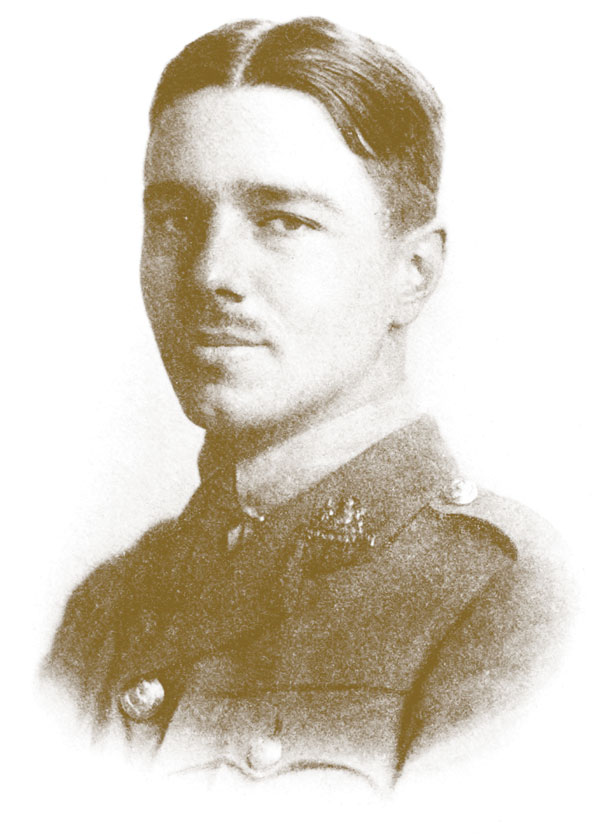
The poet Wilfred Owen, who was killed in the very last week of the First World War – he was only 25
freshly Baked
In 1999 Decca made 96kHz/24-bit transfers for a 2CD set which included 49 minutes of rehearsal clips, where you can hear composer, producer and singers talking. Cedar was then used for noise reduction. But now those discs are replaced by fresh remastering at 192kHz/24-bit from the original ¼in tapes – these were baked to prevent further oxide shredding [485 3765, two hybrid SACDs, or high-res downloads but with no digital booklet – although, of course, you don’t get side-breaks with 192kHz/24-bit listening!].
John Culshaw’s staging is as impressive as were Britten’s performers, with evident space behind the instruments (tubular bells especially) and singers, and the boys’ voices set seemingly ‘up in the sky’. Wide dynamics fit for Vishnevskaya’s fortes.
